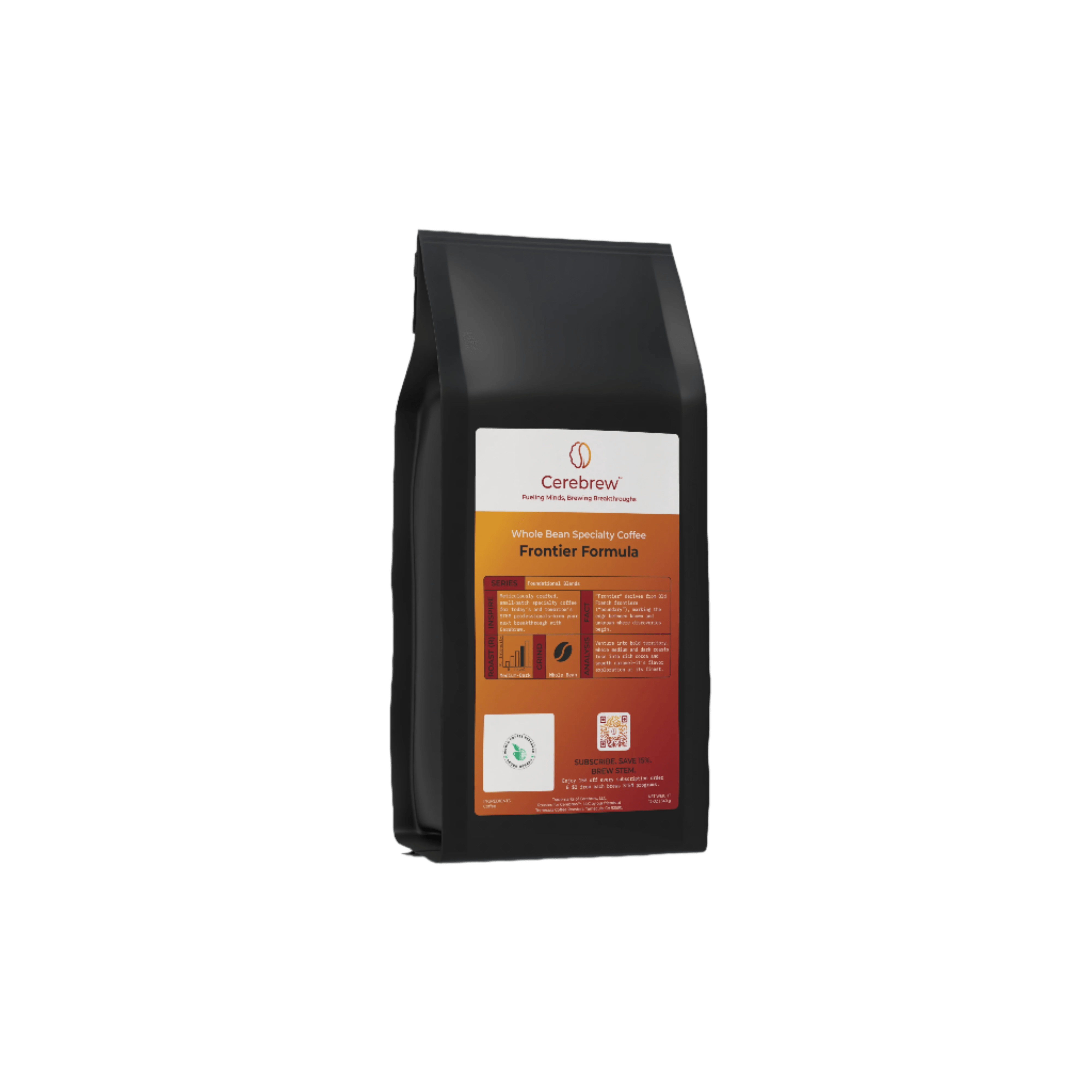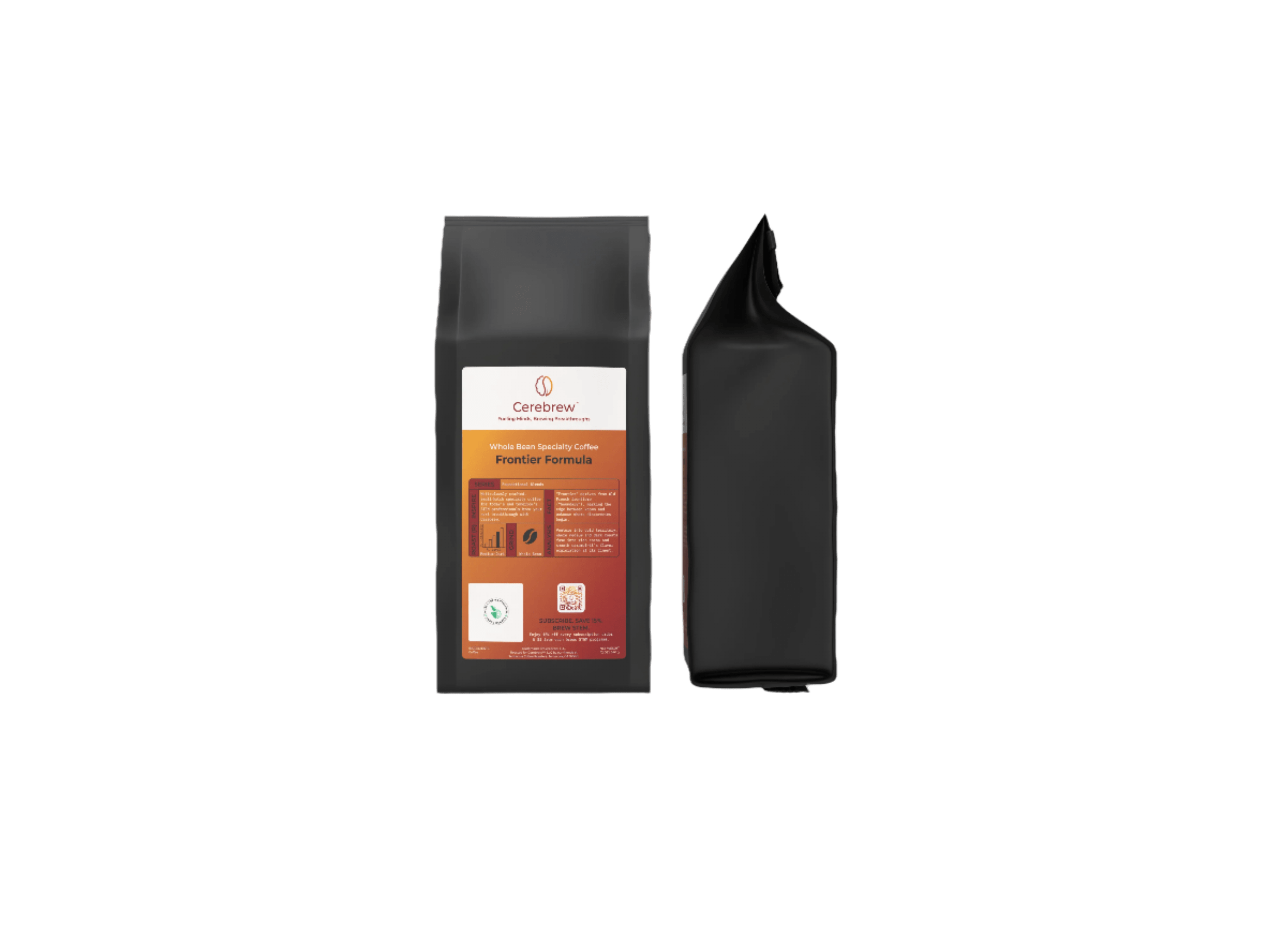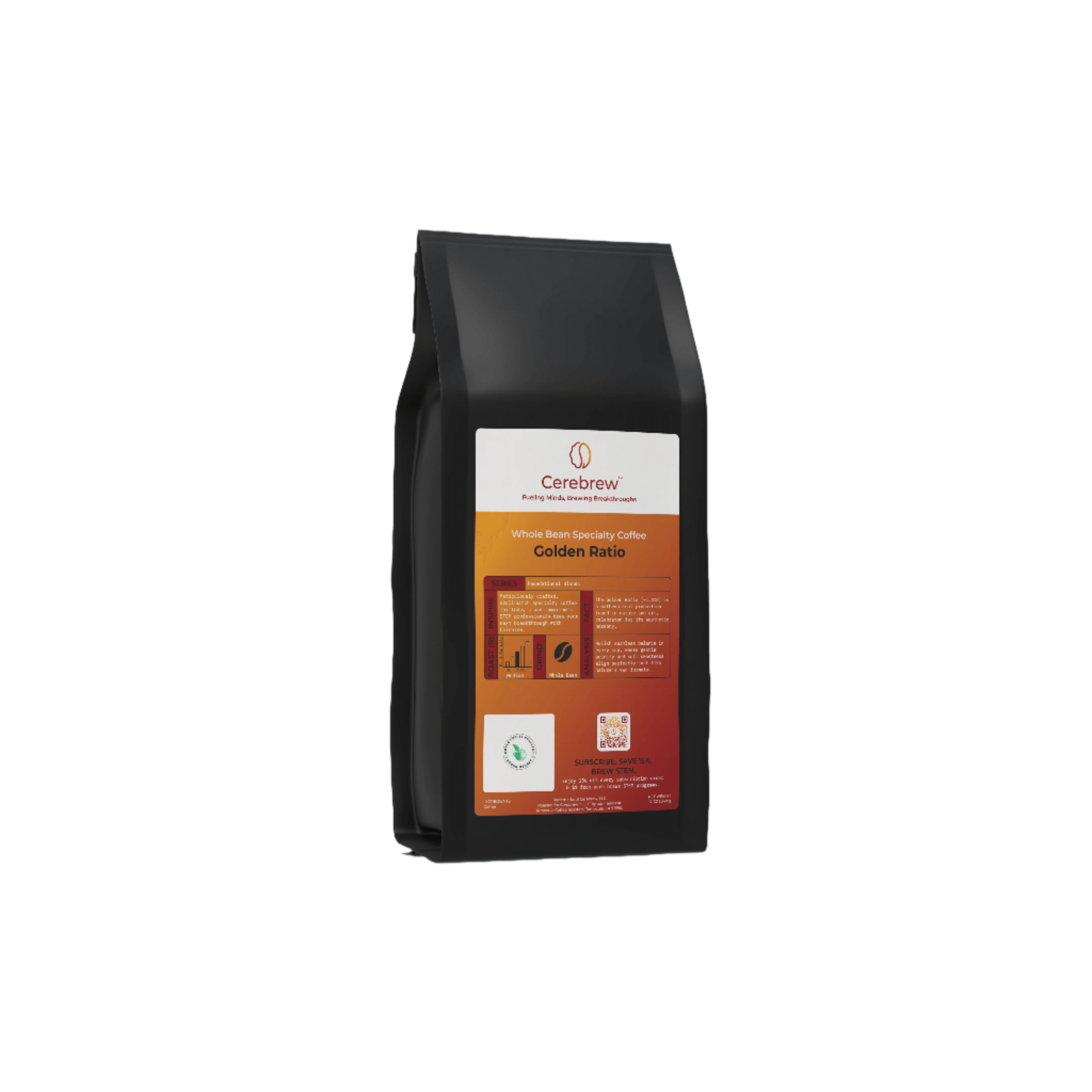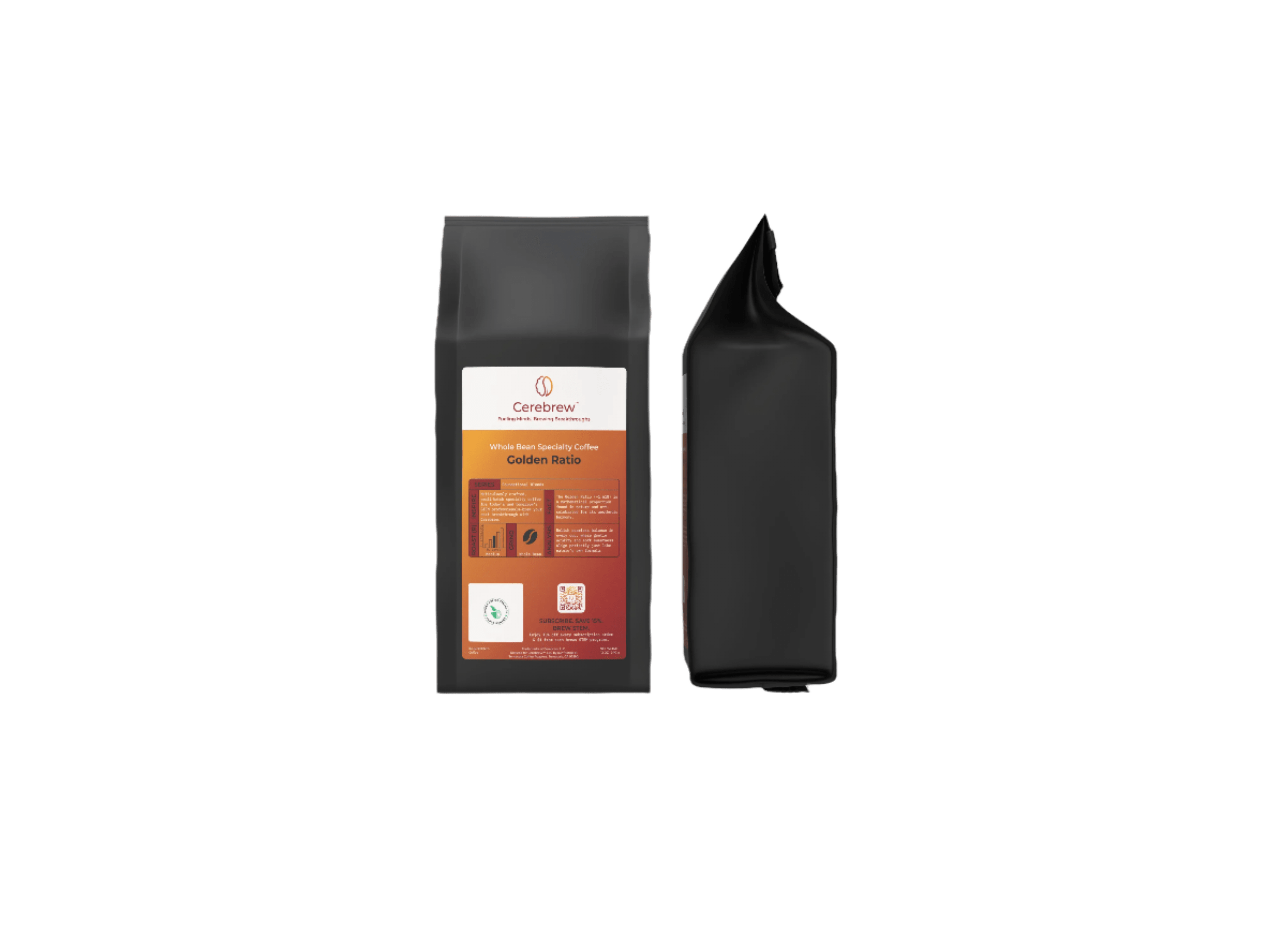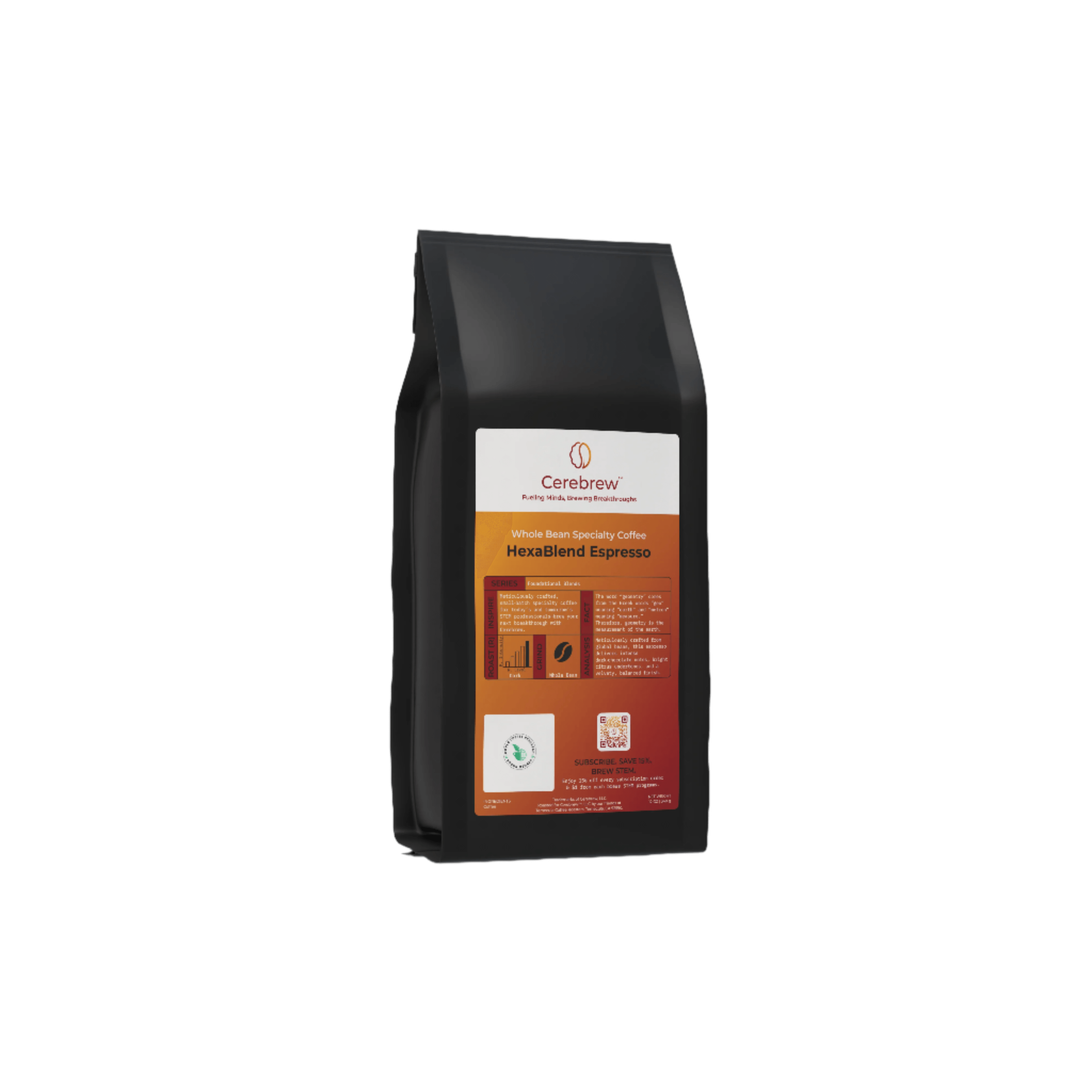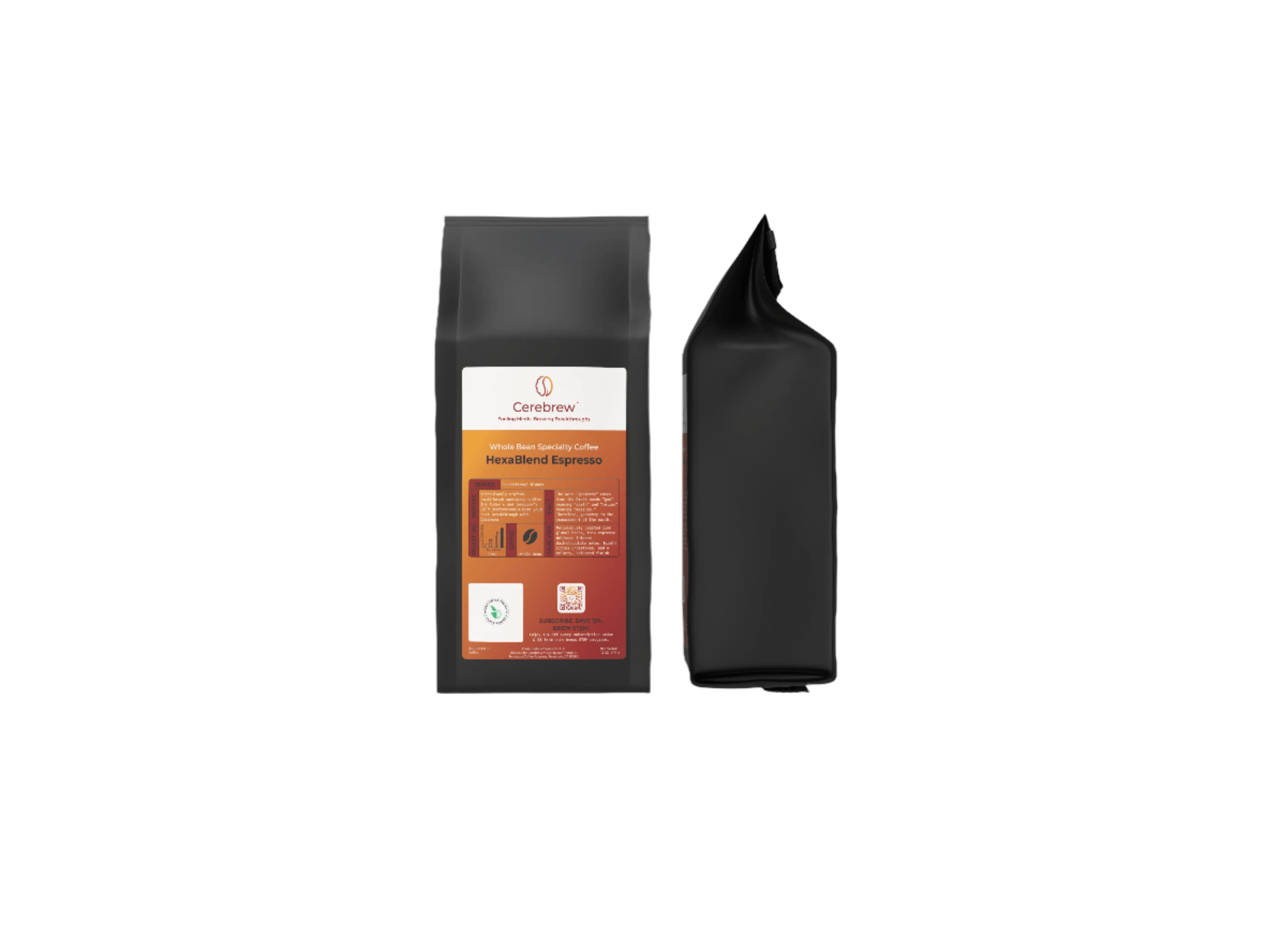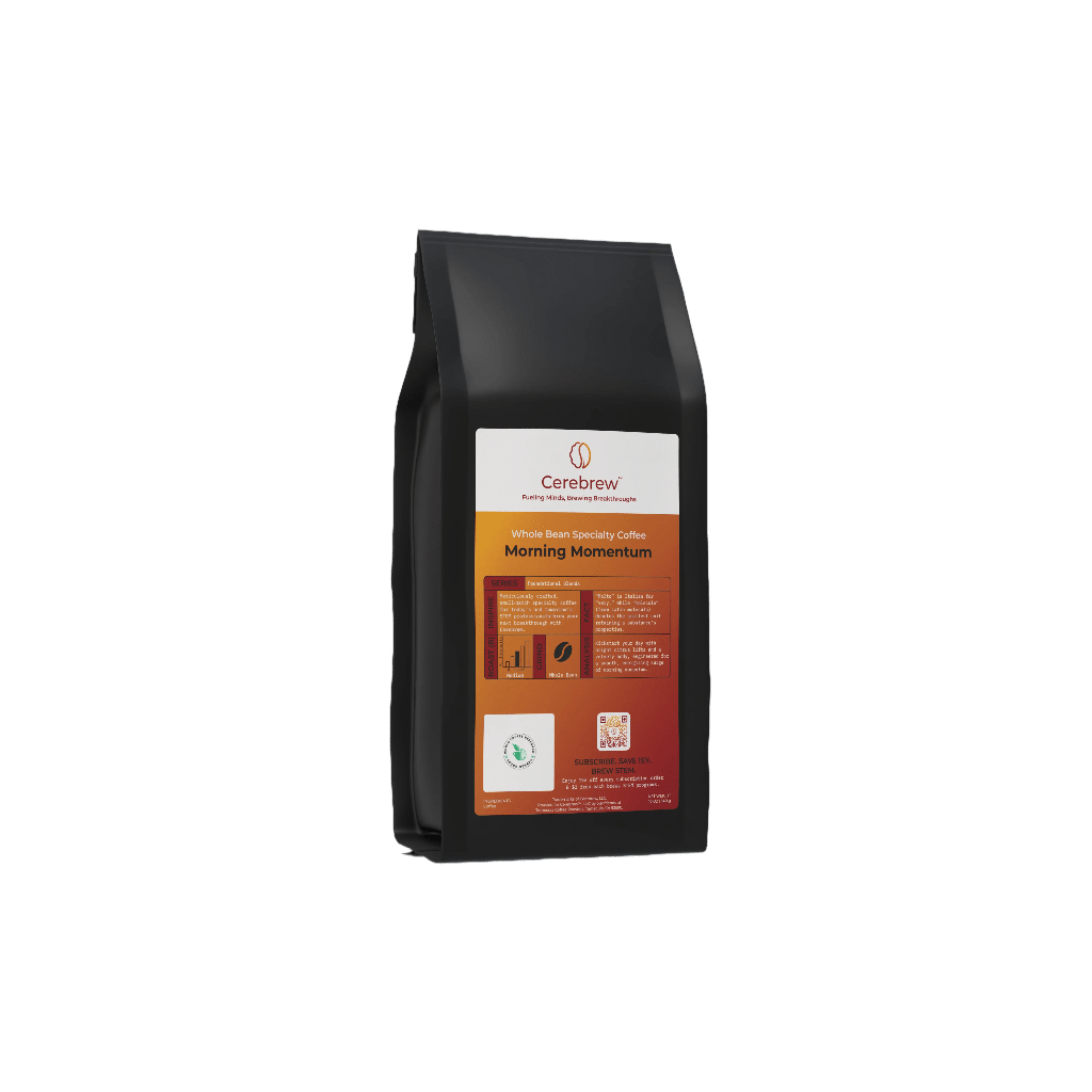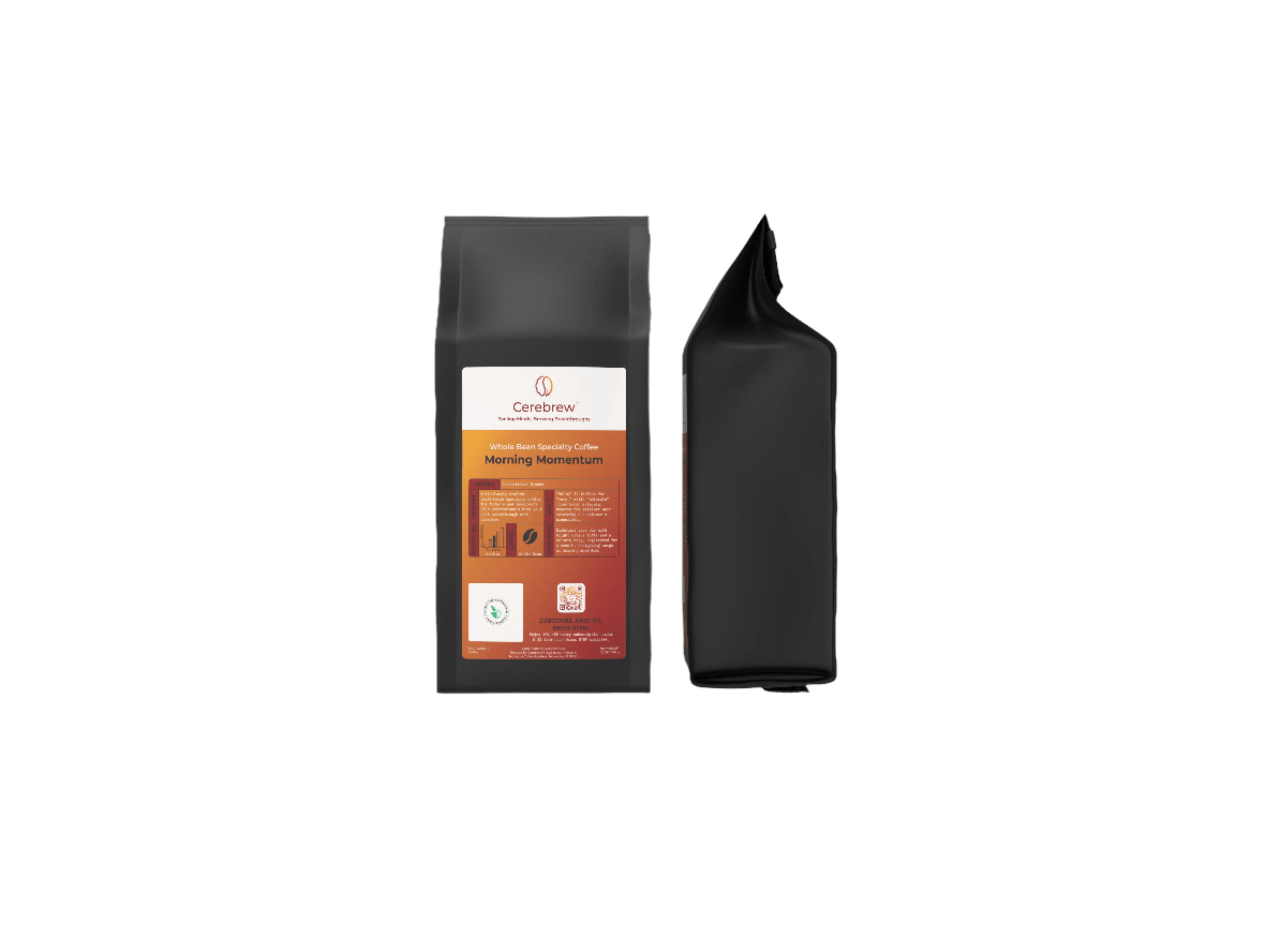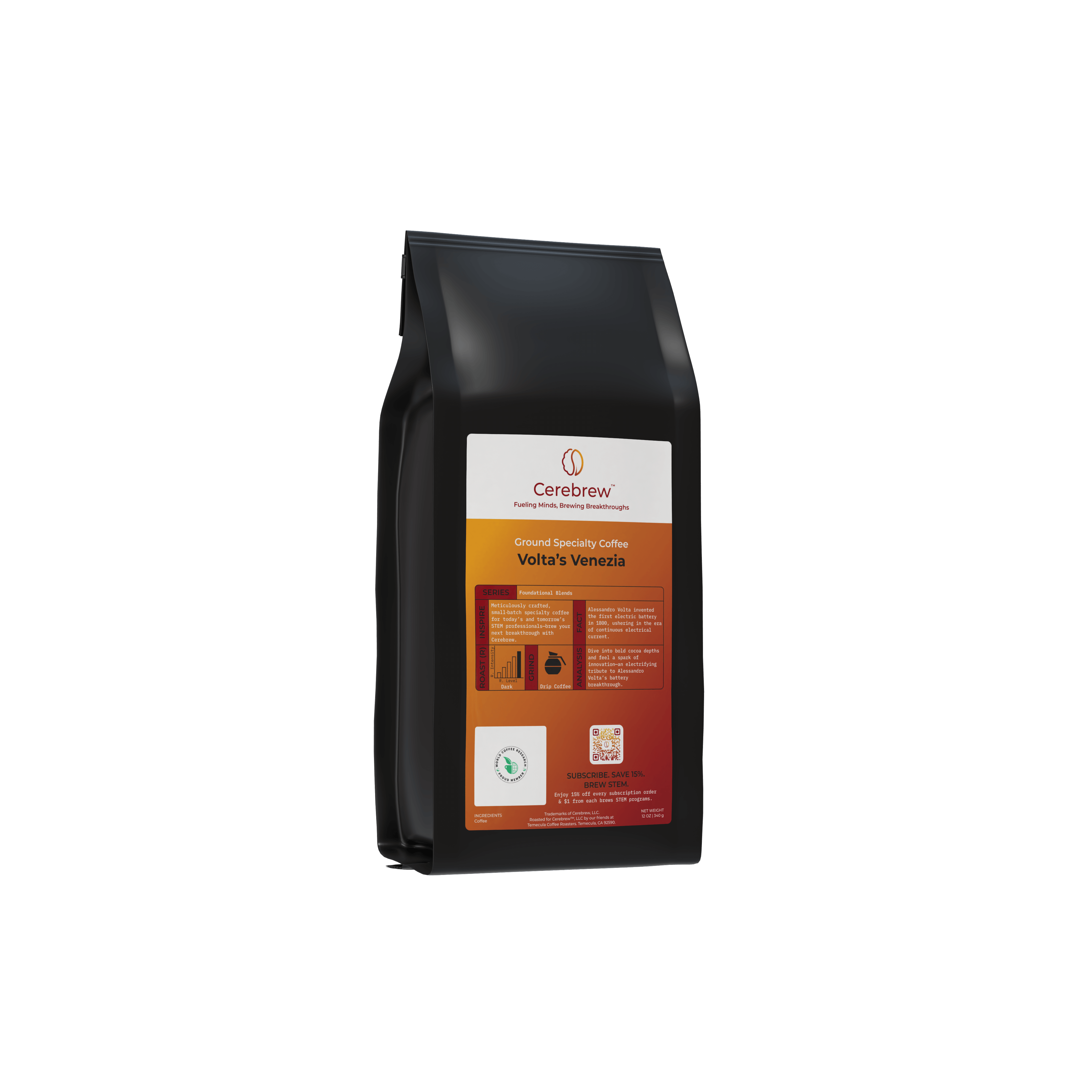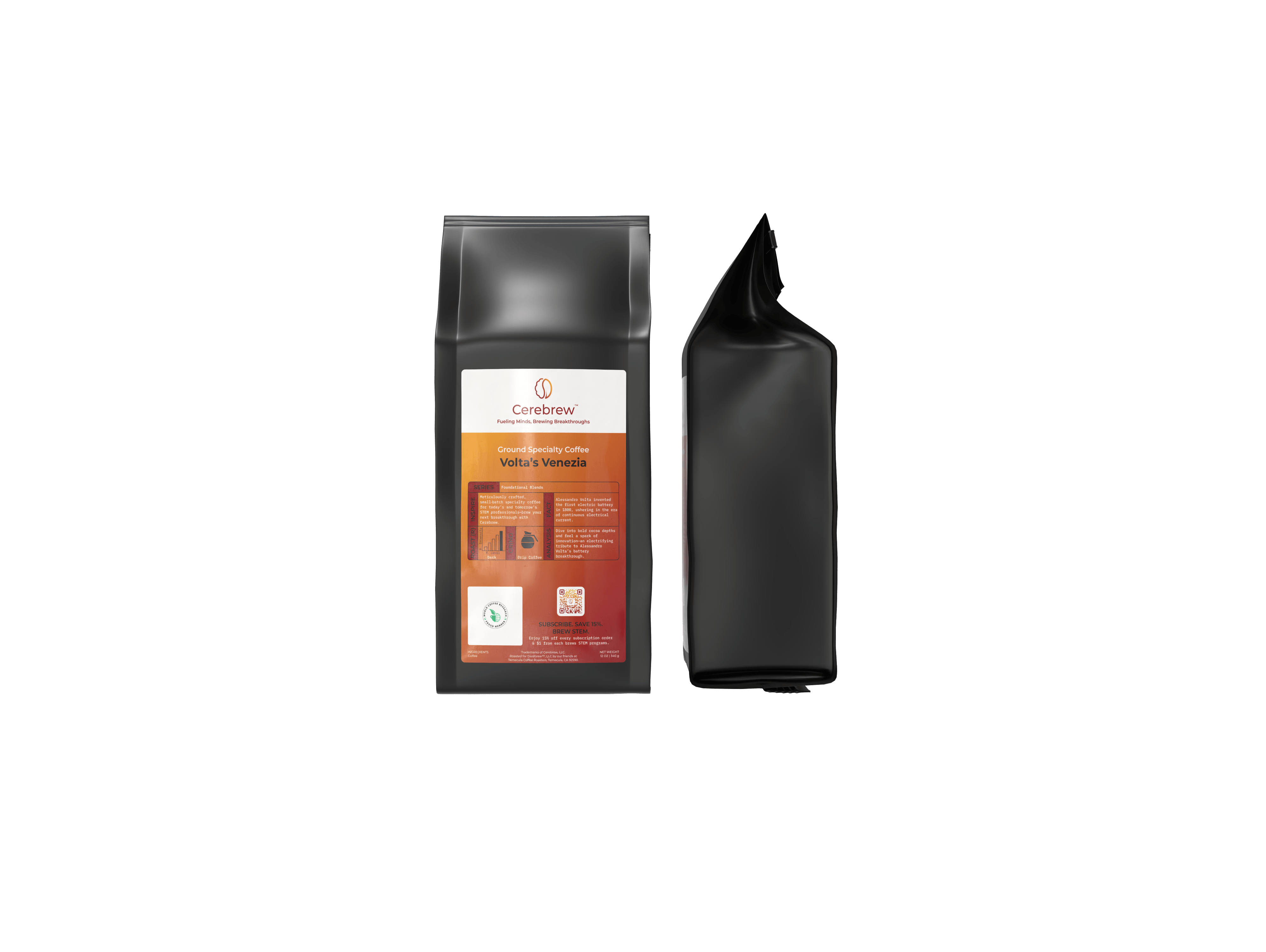The Impact of Coffee on Blood Pressure
Coffee is one of the most widely consumed beverages worldwide. It’s loved for its rich taste and the energy boost it provides, thanks to its caffeine content. But how does coffee affect blood pressure? In this article, we’ll explore the relationship between caffeine and blood pressure, and how coffee can impact your health.
Before we dive into the specifics of coffee and its effects, it's essential to understand what blood pressure is. Blood pressure is the force exerted by circulating blood on the walls of blood vessels. It is measured in millimeters of mercury (mmHg) and recorded with two numbers: systolic pressure (the pressure when the heart beats) over diastolic pressure (the pressure when the heart is at rest).
For most adults, a normal blood pressure reading is below 120/80 mmHg. Consistently high blood pressure, known as hypertension, can lead to serious health issues, including heart disease and stroke.
Caffeine and Blood Pressure: How Are They Connected?
Caffeine is a natural stimulant most commonly found in coffee, tea, and energy drinks. It stimulates the central nervous system, which increases alertness and can make you feel more awake. However, this stimulation can also affect your cardiovascular system.
How Does Caffeine Affect Blood Pressure?
Research suggests that caffeine can cause a short but significant increase in blood pressure, even if you don't have high blood pressure. This spike can occur within 30 minutes to an hour after consumption and can last up to several hours.
Caffeine causes blood pressure to rise by blocking a hormone that helps keep your arteries widened. It may also cause your adrenal glands to release more adrenaline, which can increase blood pressure.
 Is Everyone Affected Equally?
Is Everyone Affected Equally?
The impact of caffeine on blood pressure can vary from person to person. Some people are more sensitive to caffeine and may experience a larger increase in blood pressure. Factors such as age, weight, and overall health can influence how your body reacts to caffeine.
Moreover, if you're a regular coffee drinker, your body might become tolerant to caffeine's effects, resulting in a lesser impact on your blood pressure over time.
How Much Coffee is Too Much?
It's important to know your limits when it comes to coffee consumption, especially if you're concerned about your blood pressure levels.
Recommended Caffeine Intake
Most health experts agree that moderate coffee consumption is generally safe for most people. This usually means up to 400 milligrams of caffeine per day, which is roughly equivalent to four 8-ounce cups of coffee.
However, if you have high blood pressure or are sensitive to caffeine, you might need to limit your intake further. It’s always a good idea to consult with a healthcare provider for personalized advice.
Monitoring Your Blood Pressure
If you enjoy coffee but are worried about its impact on your blood pressure, consider checking your blood pressure before and after consuming coffee. This can help you understand how your body responds and allow you to make informed decisions about your caffeine intake
Long-term Effects of Coffee on Blood Pressure
The long-term effects of coffee on blood pressure are still a topic of research and debate. Some studies suggest that regular coffee consumption might not significantly affect long-term blood pressure levels or increase the risk of hypertension.
Coffee's Potential Protective Effects
Interestingly, some research indicates that coffee might have protective cardiovascular benefits. Antioxidants found in coffee, such as chlorogenic acids, may help reduce inflammation and improve blood vessel function, potentially offsetting some of the adverse effects of caffeine.
Weighing the Benefits and Risks
While moderate coffee consumption can be part of a healthy lifestyle, it's essential to weigh the benefits and risks, especially if you have existing health conditions. For individuals with hypertension or those who are caffeine-sensitive, limiting coffee intake might be advisable.
Alternatives to Coffee for Managing Blood Pressure
If you’re looking to manage your blood pressure and reduce caffeine intake, several alternatives might help.
Herbal Teas
Herbal teas, such as chamomile, peppermint, or hibiscus, are naturally caffeine-free and can be a soothing alternative to coffee. Some herbal teas, like hibiscus tea, have been shown to help lower blood pressure.
Decaffeinated Coffee
Decaffeinated coffee can be a good option for those who enjoy the taste of coffee without the stimulating effects of caffeine. It contains only a small amount of caffeine, making it less likely to affect your blood pressure.
Lifestyle Changes
In addition to adjusting your caffeine intake, consider other lifestyle changes to manage your blood pressure. Regular exercise, a balanced diet low in sodium, and stress reduction techniques can all contribute to maintaining healthy blood pressure levels.
Conclusion
Coffee and its main ingredient, caffeine, have a complex relationship with blood pressure. While caffeine can temporarily raise blood pressure, moderate coffee consumption is generally safe for most people. Understanding your body's response to caffeine and making informed choices can help you enjoy coffee while managing your blood pressure effectively.
Remember, if you have any concerns about your blood pressure or caffeine intake, consult with a healthcare professional for personalized guidance. By staying informed and mindful of your habits, you can make choices that support your health and well-being.










